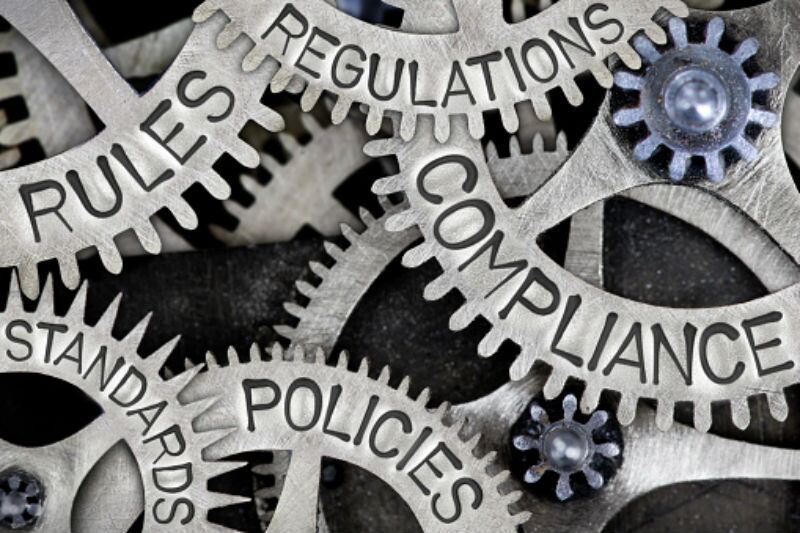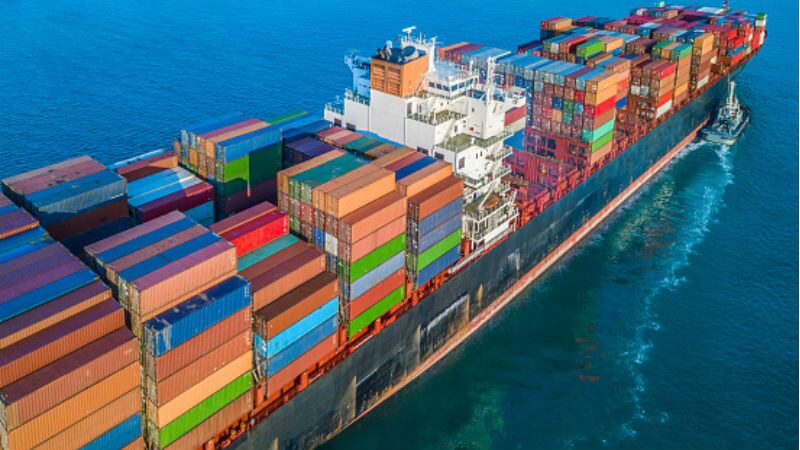Tax attack? Philippines considers higher sugar levy and new ‘junk food’ tax to offset COVID-19 impacts
The Philippines is considering implementing higher sugar taxes as well as new taxes on ‘junk food’ high in sodium and trans fat to offset the costs incurred by the COVID-19 pandemic outbreak this year.
This additional taxation was proposed under the Philippine Program for Recovery with Equity and Solidarity (PH-PROGRESO) draft proposal submitted last month by the Philippines Department of Finance (DOF) as part of a ‘Phased and adaptive recovery approach’.
According to the proposal slides, which FoodNavigator-Asia has viewed, these fall under what DOF deems to be ‘Targeted tax incentives’, and are expected to be part of the country’s ‘Recovery Stage’ from COVID-19 which is expected to take place from June 2020 to December 2020 before moving to a ‘Resiliency Stage’ in 2021.
Bad news for booze? Malaysia mulls alcohol rules overhaul as industry battles COVID-19 impact
Malaysia is considering a potential reviews of regulations governing alcohol sales and/or production following a rash of drunk driving accidents in the country, marking yet another hurdle for an industry trying to find its feet due to COVID-19.
The reviews were triggered by multiple alcohol-related incidents, at least three of which were fatal, in the past month, with Islamist political party Parti Islam SeMalaysia (PAS) even moving to call for an outright alcohol sales ban.
While this looks unlikely, the Ministry of Housing and Local Government and several state governments in Malaysia have begun to mull reviewing the regulations governing alcohol sales and production in hopes of reducing drink driving incidents.
China’s cell-based meat future: Calls for national strategy to accelerate sector’s growth
China should accelerate the development of its local cell-based meat sector to catch up with other countries that have a head start in this area, with a major focus placed on technology, regulations and innovation.
The point was made by the National Committee of the Chinese People's Political Consultative Conference (CPPCC) member Sun Baoguo at China’s massive high-level plenary meeting between the CPPCC and National People’s Congress (NPC), the organisations responsible for making national-level decisions in the country.
Sun, who is also President of the Beijing Technology and Business University, suggested that from a national strategy perspective, China should implement policies to better prepare in this area as many other countries such as the United States, Japan, Israel and the EU have already been focusing on this for some time.
“Cell-based meat is being viewed as the most likely solution to meat supply via clean and sustainable means,” said Sun.
Vocal for local: Food industry backs India’s cluster-based approach for production boost
The local food industry in India has welcomed the government’s plans to reorganise the local food production sector using a cluster-based approach, believing that this will help to reduce food waste and drive long-term growth.
The cluster-based approach was first announced by India’s Finance Minister Nirmala Sitharaman as part of the country’s Scheme for Formalisation of Micro Food Processing Enterprises (FME) under India’s INR20tn (US$263.9bn) COVID-19 stimulus and relief package, who also said that INR100m (US$1.32m) would be allocated to this endeavour.
This will be based on a hyperlocalised food production cluster system depending on the specialty agricultural products being produced in each state, such as mango in Uttar Pradesh, chilli in Andhra Pradesh, bamboo shoots in Northeast, tapioca in Tamil Nadu and makhana (fox nuts) in Bihar.
Not COVID-19 retaliation? Analysts claim Australia-China trade war is ‘over-sensationalised’
Tensions between Australia and China have recently been running high over barley tariffs and beef bans, but this nothing new nor solely due to ‘punishing behaviour’ over COVID-19, according to several trade consulting experts.
Rumours have run rife in the industry about how Australia’s call for an international investigation into the origins of COVID-19 resulted in retaliatory responses by China, most notably by slapping an 80% tariff on barley imports as well as banning meat imports from four of Australia’s largest meat processors.
This was viewed as ‘comebacks’ and ‘trade retaliation’, but trade consultants in Australia have argued that this may not be the case.
“Given the current political climate, it is easy to say one party felt attacked and took action [to retaliate] but in fact, if you take a closer look at it, COVID-19 is unlikely to be the sole reason or main motivating factor behind such major trade moves, there are definitely other driving forces behind it,” trade policy consultancy ITS Global Director and international trade expert Jon Berry told FoodNavigator-Asia.





